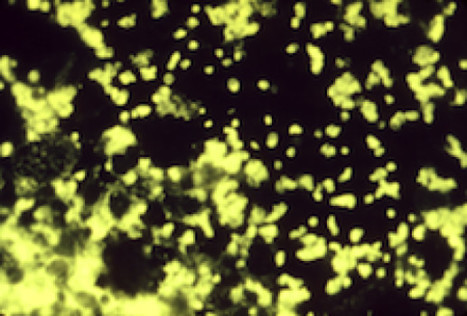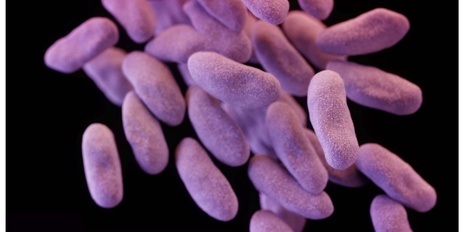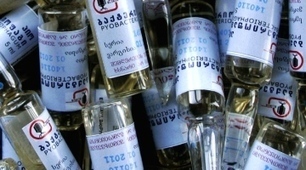The use of broad-spectrum antibiotics in the month leading up to chimeric antigen receptor T-cell therapy led to poorer outcomes and increased treatment-related toxicities, study results showed.Certain types of gut bacteria had an impact on treatment efficacy and related toxicities among patients who received CAR-T for non-Hodgkin lymphoma or acute lymphoblastic leukemia, researchers reported.
Research and publish the best content.
Get Started for FREE
Sign up with Facebook Sign up with X
I don't have a Facebook or a X account
Already have an account: Login
 Your new post is loading... Your new post is loading...
 Your new post is loading... Your new post is loading...

Rakesh Yashroy's curator insight,
July 26, 2016 11:10 PM
Great foresight to pack and deliver CRISPR activity in versatile outer membrane vesicles of gram negative bacteria @ https://en.wikipedia.org/wiki/Bacterial_outer_membrane_vesicles
|
|



















Researchers examined two cohorts of patients who received CD19-directed CAR-T cells for non-Hodgkin's lymphoma or B-cell acute lymphoblastic leukemia. The researchers used the first cohort to retrospectively examine the impact of prior antibiotic use on CAR-T clinical outcomes. The second cohort had prospective baseline fecal samples collected before CAR-T cell infusion for subsequent assessment of the fecal microbiome. The investigators determined that the use of certain antibiotics including piperacillin/tazobactam, meropenem, and imipenem/cilastatin, negatively affected OS (HR = 1.71; 95% CI, 1.12-2.59). The investigators also noted a significantly increased risk of immune effector cell-associated neurotoxicity syndrome among the entire cohort evaluated for pre-CAR-T antibiotic use (P = 0.023). Stool samples from the prospective cohort demonstrated an altered fecal microbiome including lower alpha diversity, increased frequency of bacterial dominance, and altered bacterial composition compared with healthy controls. The results of this study suggest that the composition of the gut microbiome affects CAR-T outcomes, but the investigators cautioned that further prospective studies in larger patient populations are needed to confirm the associations.